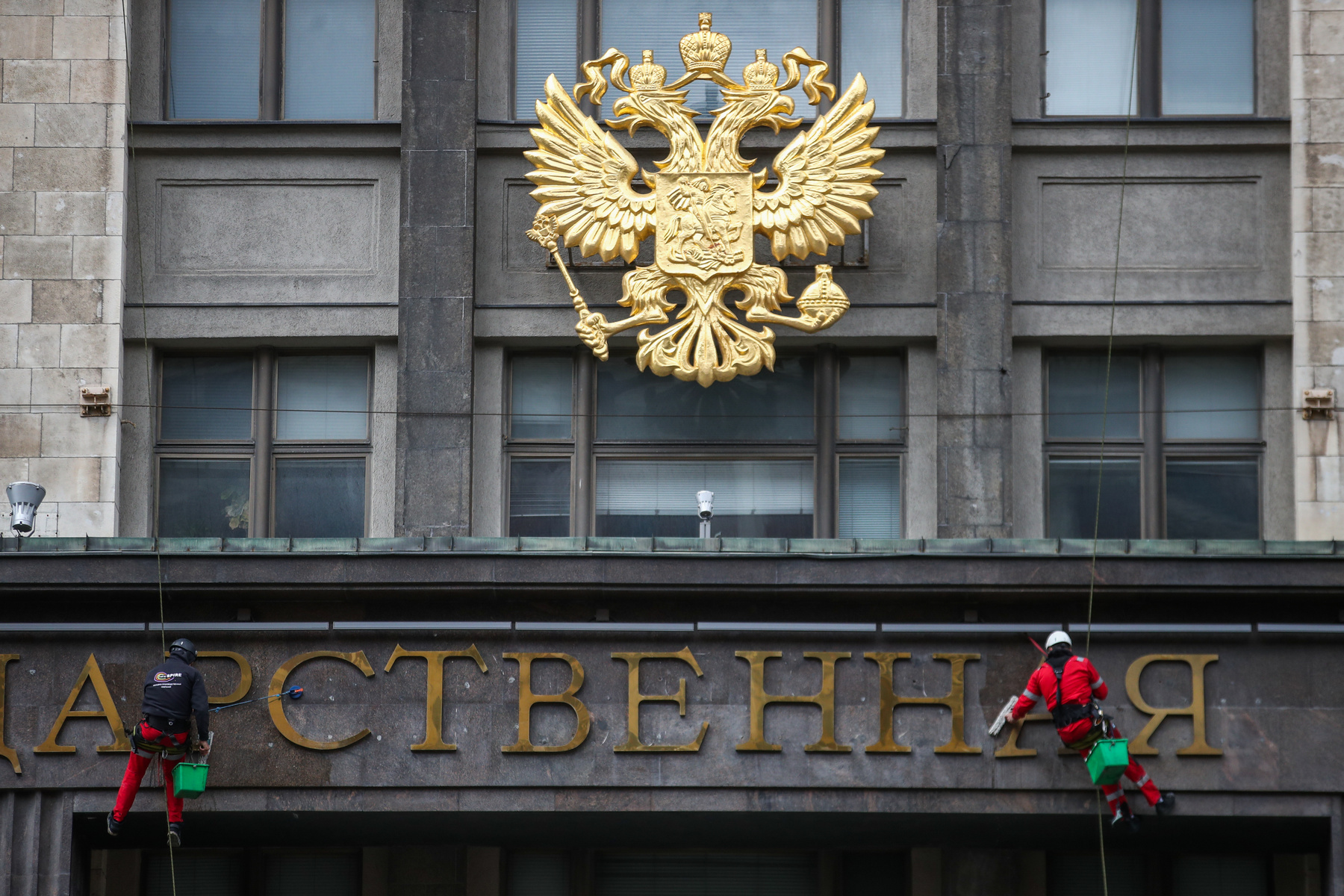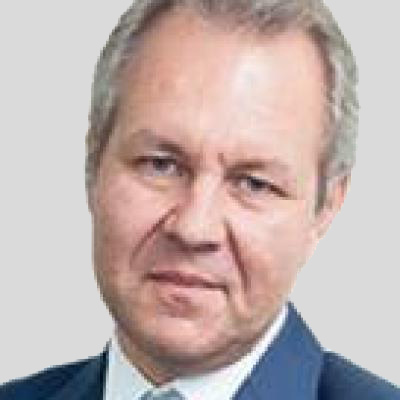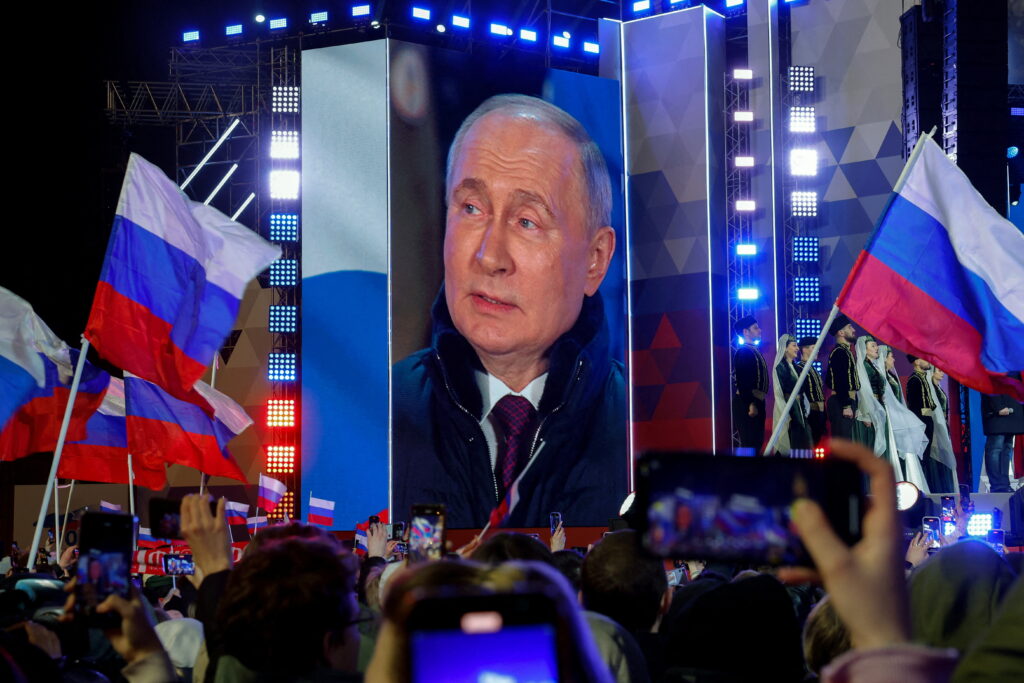On September 13, Russia will hold yet another set of elections. Citizens will vote for 17 governors; 11 regional legislatures; 23 mayors of regional capital cities. No one expects much from it. In fact, it looks like a rehearsal for the 2021 parliamentary elections, which will be once again organized and conducted in a completely different way.
The flexibility of the Russian electoral system might be a surprise for either the British or Americans, where the Parliament or Congress has been formed according to continuous rules with deep historical roots. But it is true: since Russia became independent, none of the general elections were organized with the same rules as the last.
In its first democratic elections of 1990, Russia followed a two-step scheme introduced by the 1989 Soviet Union voting: first, 1068 People’s deputies were elected in single-seat electoral districts. They needed an absolute majority with at least 50 percent of registered voters casting their ballots to make the voting effective. Then, 252 Supreme Soviet members were chosen between and by the People’s deputies with 126 allocated to the Soviet of the Republic and another 126 to the Soviet of Nationalities. As in the Soviet Union’s case, this practice was used only once: in 1993 Boris Yeltsin, elected President in 1991, dissolved the Supreme Soviet. As it rejected to follow his order, he crushed it by military force.
Since 1993 new Russia got both its Parliament, divided into the State Duma and the Federation Council, and the President. This was the point where the current kaleidoscope started.
The State Duma has been called seven times since then. The first one’s term was just two years. The next four served four years each. The last two – five years. The terms differed from each other – so did the rules. In 1993 half of 450 Duma deputies were elected by party lists with the electoral threshold staying at 5 percent of all votes cast. The other half won seats by a direct vote in single-seat electoral districts. In 1995 the term rose from two to four years. The participation threshold was lowered from 50 percent of registered voters to 25 as people became more reluctant to vote. In 2003 the State Duma was elected by the same rules — except with the upper chamber completely reshuffled. But by 2007, elections in single constituencies were abandoned. Instead, the Duma filled up by party lists; the electoral threshold rose from 5 to 7 percent; the minimum participation requirement was terminated completely; the option of voting against all was outlawed too. In 2011 the tenure of deputies was extended from 4 to 5 years; the threshold remained at 7 percent, but it was announced that a party that gets from 5 to 6 percent of the vote will earn one seat, and if it gets from 6 to 7 percent, two seats (no one fit into these ranges). Finally, in 2016 the old principle of composing the chamber of both the party candidates and individual deputies that was in force before 2007 was restored with the term of five years, though the threshold was once again lowered to 5 percent. What will happen in 2021, who knows?
The Federation Council, also known as the Senate, underwent not less remarkable changes. In 1993 it was elected by a direct vote in 89 two-seat electoral districts aligned with the republics or regions composing the Russian Federation. But as early as in 1995 the elections were abandoned. Both the regional Governors and the Speakers of regional legislative bodies served as the Council’s members on a part-time basis. In 1999-2001 another reform was implemented. Since then, the Federation Council is composed of non-elected individuals who are sent to serve by the regional authorities. One by the Governor; another by the local assembly (the terms of eligibility of those appointed later changed almost every year, so I will not go into more details here). In 2014 President Vladimir Putin got powers to appoint 17 Federation Council members of his own choice. They would represent not only Russia’s regions but the Federation itself, as it was said in the new law. Finally, the most recent addendum, introduced this year via the Constitutional referendum on July 1st, says that the President may appoint senators for life picked among the citizens possessing extraordinary merits in serving the nation.
The President has also found new ways to get elected. In 1991, under the first law that regulated that election procedure, the President was elected for five years and was not allowed to be older than 65 years at the election day. The candidate had to be either nominated by 1/5 of the number of the parliament members or endorsed by 100,000 citizens. In 1995 the age restriction was lifted. A 10-year residential qualification was introduced. The President was limited to serving two consecutive terms. In 2008 the term was raised from 4 to 6 years. The nomination was restricted to either the political party possessing a fraction in the Duma, or 2 million citizens. After spending some time out of the Kremlin, Vladimir Putin returned in 2012 supposedly for 12 years – but in 2020 with the amendments to the Constitution adopted, the count of terms was “nullified”, so now he may run again in 2024 and 2030. At the same time, the term of continuous living in Russia was raised from 10 to 25 years. The requirement for never having either dual citizenship or even a foreign residence permit was introduced.
I should also add to all the above that the voting procedure has changed as well. For almost twenty years it was organized through a traditional paper ballots casted at polling stations; in 2008 special electronic devices were installed able to scan the paper ballot and pass info to the Central electoral commission in Moscow. Later, voting at home was added (the local commission members can visit voters at their apartments if they are “ill” – but of course the total number of such “incapacitated” shoot up to 20 percent of eligible voters). During the July 1 referendum, citizens in Moscow and Nizhniy Novgorod region were able to vote by Internet. So the voting started a whole week before the designated date (both electronic and early voting will be first used on September 13 for electing serving officials, since before they were these practices were limited to a referendum).
So, 30 years have passed since the first free and fair elections were held in what is now called the Russian Federation on March 4, 1990. Each time, Russian citizens were unable to challenge successfully the leader who ruled their country. The most dramatic case was recorded in 1996 as Boris Yeltsin hardly won in the second round of presidential elections. Since then, nothing of the kind took place. The presidency has been three times transferred to a handpicked successor while being now firmly held by Mr. Putin as an actual president for life. Since 1999 the ruling party dominates the political landscape in East German-style; the dominating party is part of the parliamentary furniture, and so are several puppet parties. What can be the conclusion of this story? If one wants to achieve “stability” for his power he should arrange the maximum “flexibility” for the electoral system. Contemporary Russia seems to be an undisputed world leader in this with no other country coming even close to its record.










